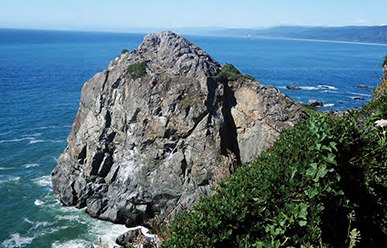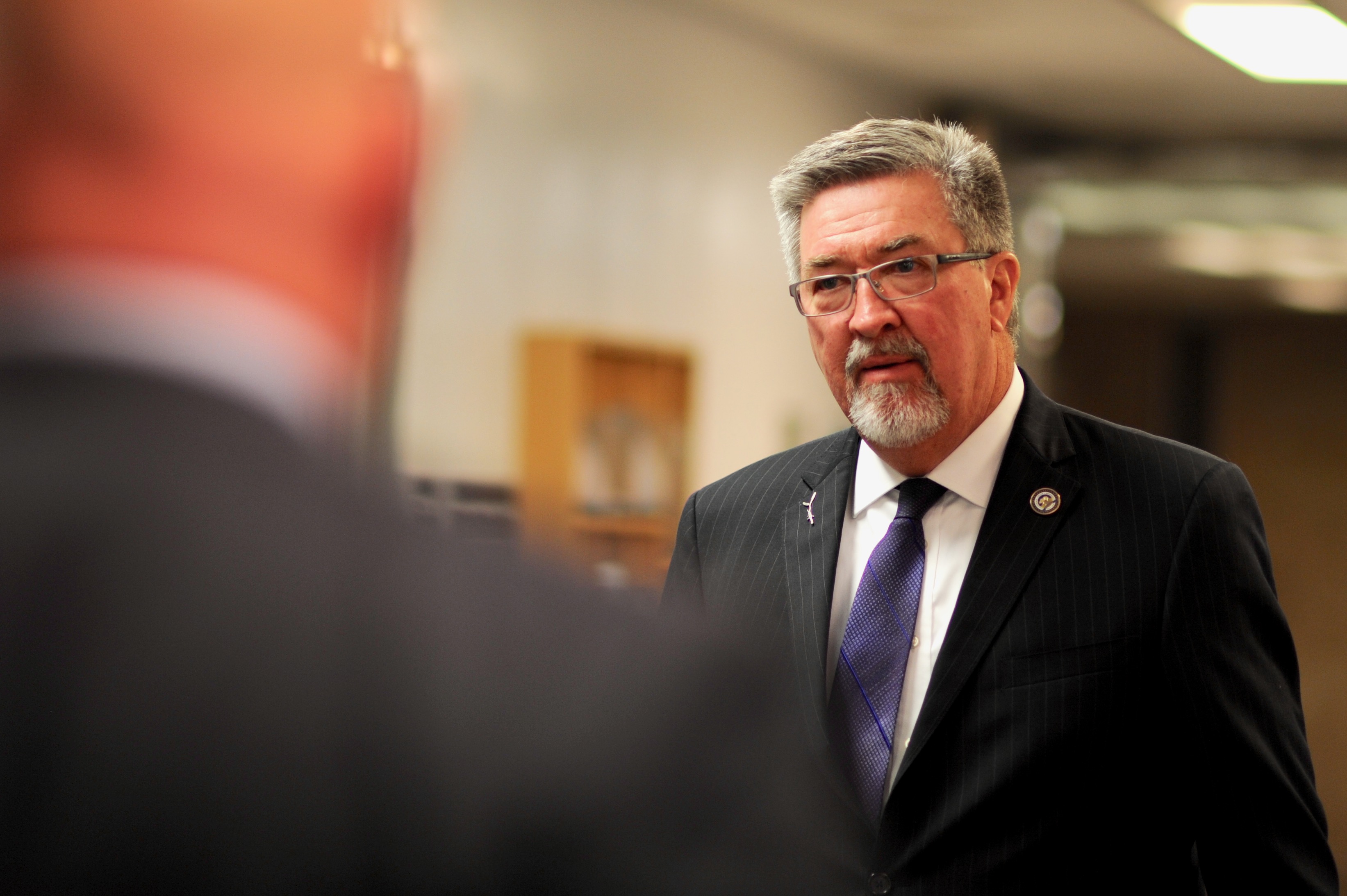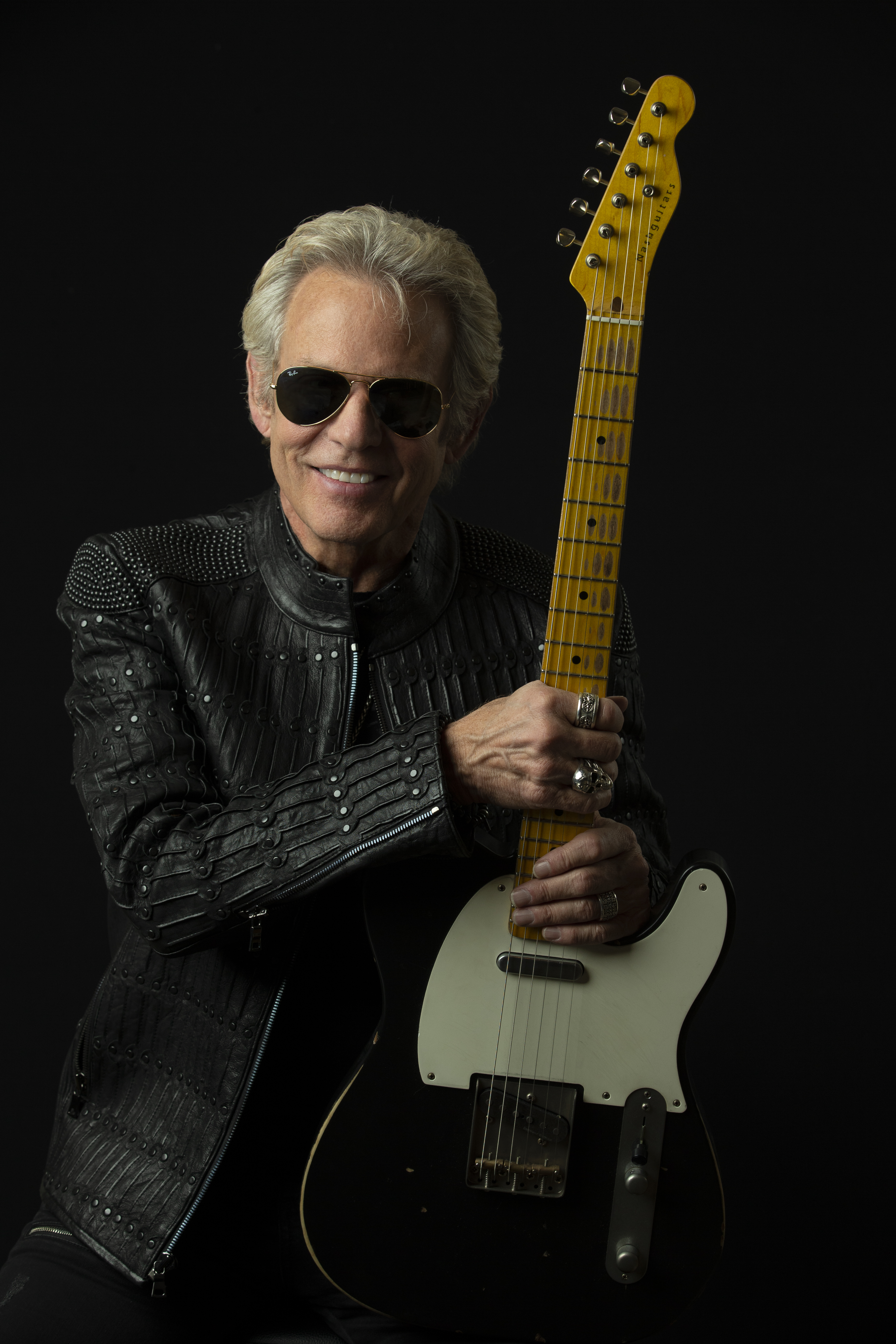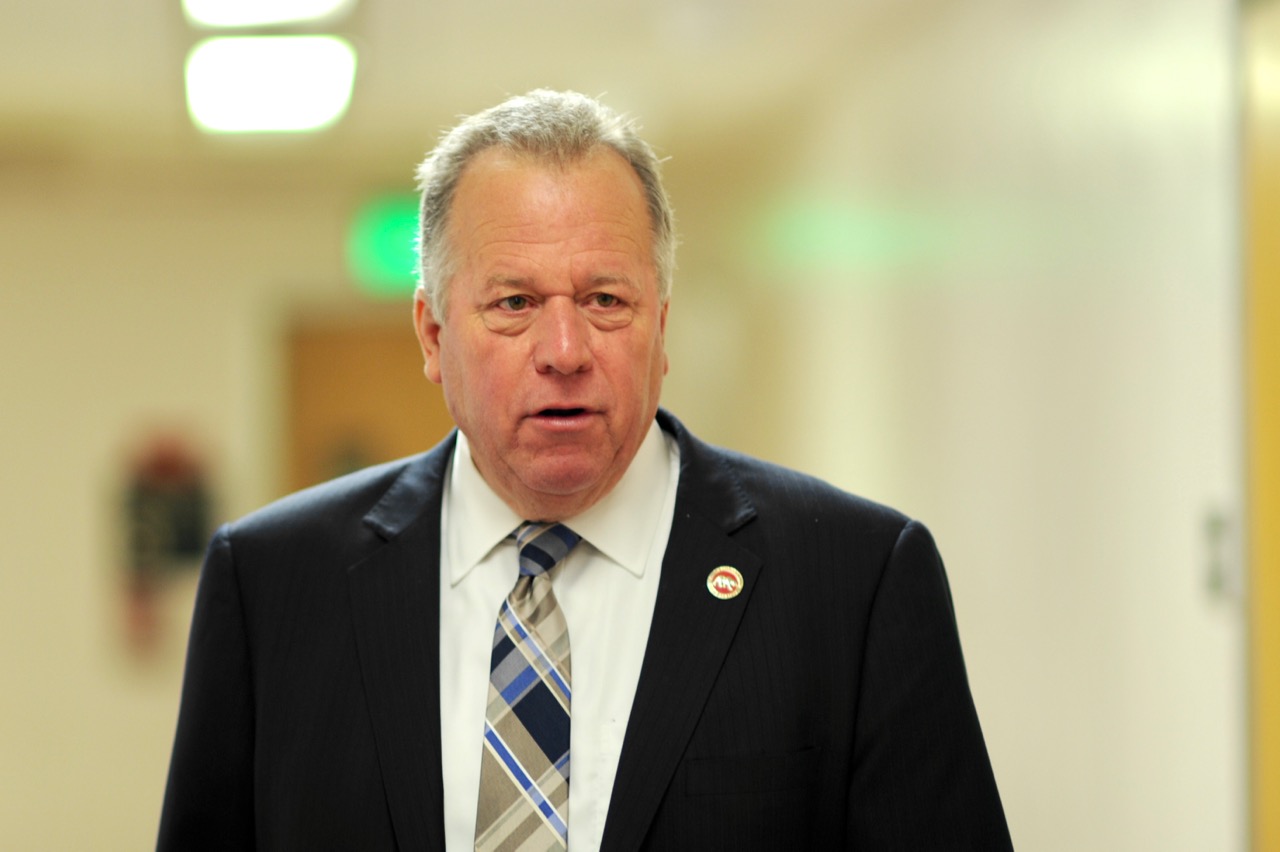
Sue-meg State Park (Photo: Parks.CA.Gov)
Patrick’s Point State Park Renamed ‘Sue-meg’ State Park Following Petitioning By Yurok Tribe
Tribe, State Park Commission say Patrick’s Point name had racist past
By Evan Symon, October 4, 2021 11:17 am
The California State Park and Recreation Commission just renamed Patrick’s Point State Park in Humboldt County to “Sue-meg State Park” following calls by local and tribal leaders to change name citing it’s racist past.
Before settlement in the area in the mid 1800’s, the area had been known by the Yurok tribe as Sue-meg (pronounced as “soo-may”) after their name of the nearby rock formation within the current park, with the name roughly translating in Yurok as “habitually done” or “always done.” After settler fights with the natives, an Irish settler named Patrick Beegan laid claim to the area in 1851. Following his establishment of a ranch, Beegan reportedly killed natives without reason nor in self-defense, including children. Beegan fled the area shortly afterwards, but his name stuck in the area.
By 1930 the state of California acquired the area, with establishment of the park occurring in 1963. Despite keeping the name of Patrick’s Point, natives still in the area continued to call the area by it’s original name, with a traditional village, Sumeg, opening nearby in 1990. Historic renames involving Native Americans, as well as other controversial names, saw an upswing in the 2010’s, with many renewed calls in favor of renaming Patrick’s Point State Park following the trend.
Following the George Floyd protests in 2020, these efforts gained even further support, with larger changes, such as the name change of the Squaw Valley Ski Resort and the possible name change of the city of Fort Bragg, happening in the past year.
This led to a California State Park and Recreation Commission vote last week unanimously approving the name change to the original Yurok Sue-meg State Park, with the name officially being changed over the weekend.
“This genuinely historic decision represents a turning point in the relationship between tribes and the state,” said Yurok Tribal Joseph L. James. “I’m so glad that Sue-meg will now be referred to by its correct name. Though justice could not be served for [those] who died, we can move in the right direction. A healing. And a good healing today is taking direct action to rename the park.”
The name change, in addition to being praised by the Parks Commission and Native tribes, has been defended by historians against proponents who wanted to keep the original change.
“There was some opposition to the change, with many citing ‘history’ as the main reason,” explained Chris Jeffords, a historian in Memphis who has worked with many tribes to keep track of names changes in the United States, to the Globe on Monday. “And in some cases, the original name isn’t bad, so it’s harder to justify, especially places that were not originally tribal.”
“But here, it’s an original Yurok name that never really went away, mixed with the fact that the person the name was replaced by turned out to be an accused murderer. It doesn’t look good and doesn’t make sense to keep it on a social, historical, or even economic level, as the name could turn away visitors and tourism. Plus, like other previous changes, the old name will live on, giving the context of the name change.”
“It’s simply a return of the old name to stress the importance of the area to the native tribe and to replace a name steeped in controversy.”
The newly rechristened Sue-meg State Park, located 25 miles north of Eureka, is expected to resume tribal ceremonies soon following a few years hiatus due to the COVID-19 pandemic.
- Bill to Require Law Enforcement Disclosure if AI Was Used To Help Write Reports - August 7, 2025
- Gov. Newsom Files FOIA Request To ‘Expose True Cost’ Of L.A. Federal Troop Deployment for Anti-ICE Riots - August 6, 2025
- California Redistricting: How Newsom’s Plan Will Demolish Hard Fought GOP Gains - August 6, 2025





Sarcasm alert. Everyone will sleep better tonite, thank God this awful injustice was fixed and maybe the day will come when we can rename other landmarks after illegals coming across the border. Very important to make these changes and ignore failing infrastructure, created water shortages, underbuilt roads and unbuilt dams, and free housing for migrants courtesy of working taxpayers. :/
I agree with a lot of that, but perhaps you don’t realize that the Parks Comission doesn’t cover those issues? It was a Parks Commission vote. And it was respondign to voter concerns (that is, those of American citizens). Wonder if Patrick Beegan came here legally…
I have to say I don’t understand why it would be called “Habitually Done,” but fine Patrick was a bad dude. But here’s an idea. If the name is “soo-may” why the heck would you spell it “Sue-meg”? Everything about the spelling is wrong. The hyphen, the lower case “m,” and most importantly the bizarre spelling of “meg.” It’s not like the Yurok (Yue-reg?) were using Latin characters and we’re keeping some indigenous spelling. It’s an oral language and should be respected as such. Soomay Park it is.
It is not an English word, which is the reason English language rules don’t apply. It is also not up to others outside the tribe to tell them how to spell their own words.
Diverse hiking trails in forestry tree lines to the beach or along the cliffs. Spring flowers and sunsets in spring are gorgeous
It’s about time. Renaming Patrick’s Point State Park to its original name, Sue-meg, is a step toward correcting a historical injustice and honoring the Yurok people.
It’s heartening to see the renaming of Patrick’s Point State Park to Sue-meg State Park, honoring its Yurok roots and addressing the past injustices. A respectful recognition of history is essential for healing. On a related note, if you’re looking to sell an inherited house in Columbia, SC, feel free to reach out for a seamless process! Visit for more info: https://redheadhomeproperties.com/